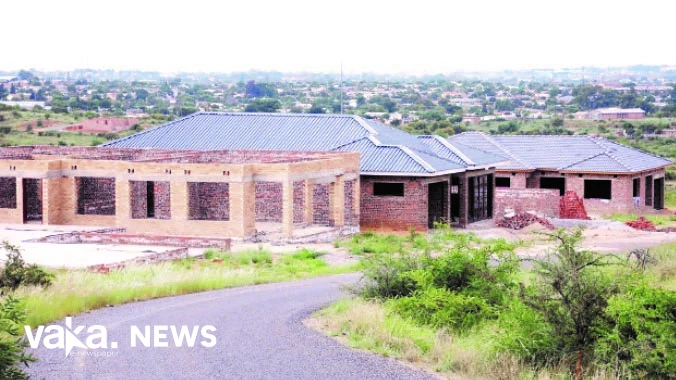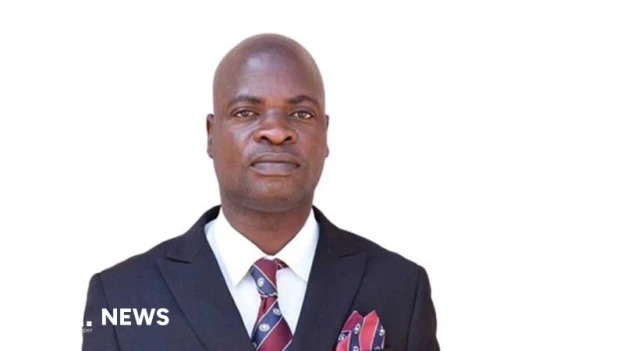Only 30% of Bulawayo residents own houses
- Category: Real Estate

- By Admin
The majority of people in Bulawayo rent their homes; it has been discovered that just 30% of them own their homes, and the city council is finding it difficult to get rid of the approximately 120,000 units of unsold property. The Zimbabwe National Statistics Agency (Zimstat) report, which was given yesterday in the city during a meeting with important stakeholders, includes this information. The statistics office is currently working with stakeholders to analyze the Census findings for each province. The report is a part of the 2022 Population and Housing Census findings. According to Mr. Aluwisio Mukavhi, director of demography and social statistics at ZimStats, Bulawayo had 665 952 residents at the time of the census, with 307 871 men and 358 081 women. According to him, women can expect to live for 65 years, while men can expect to live for 59. "The census determined that the province of Bulawayo had 178 716 private households with a population of 663 382 people, translating to an average household size of 3.7 people,” Mr. Mukavhi stated. According to him, "lodger" tenure status made up the majority in the province of Bulawayo, accounting for 37,6% of the total, while "owner" status stood for 30,2%. As per the research, 18.4% of the city's population resides in the homes of their family, 8% are tenants, and 5% live in tied accommodation, which are dwellings provided by employers. The research defines renters as people who live in landlords' homes alone, while lodgers are people who stay with the owners. In the capacity of Provincial Affairs and Devolution Minister Judith Ncube, Bulawayo Provincial Affairs and Devolution permanent secretary Mr. Paul Nyoni praised Zimstat for delivering the census results on time, noting that the information will help the city make better future plans. Although there are typically less private housing units in Bulawayo, he claimed that there is more of a push to build housing stands. The construction of one million homes by 2025 is the goal outlined in the National Development Strategy No. 1. "I'm sure you've noticed that the city council and the federal government have been working harder over the last two to three years to provide more serviced stands for housing development," Mr. Nyoni stated. He stated that in order to reduce the backlog of housing, cooperation between the government, the Bulawayo City Council (BCC), and the private sector is required. According to Mr. Nyoni, Zimbabwe cannot be an upper middle class country where the vast majority of people lack access to housing. Like other local governments, the BCC has encountered difficulties in its efforts to supply its citizens with suitable housing, but private developers are helping to ease this burden. However, Mr. Winos Dube, the chairperson of the Bulawayo United Residents Association (BURA), stated that more has to be done to address the city's housing deficit. Living in rental housing, he claimed, has its drawbacks since tenants' properties cannot be used as security for bank loans. According to Mr. Dube, the city is falling behind in housing supply, as seen by the fact that just 30% of citizens are home owners. He stated that although the municipal and private sector's collaboration in housing supply is praiseworthy, it is imperative to guarantee that the homes being constructed are within the financial reach of the majority of the populace. According to property developer Mr. Cris Mtungwazi of TCI International Private Limited, the situation of fewer people owning homes is not unique to Bulawayo, but rather occurs worldwide. "The biggest obstacle to housing availability worldwide, and Bulawayo is not an exception, is funding. But, he added, "the situation is worse here because financial institutions that are meant to fund housing development are not doing so." Mr. Mtungwazi stated that private developers are also having trouble obtaining money, in addition to the council. Few people, he claimed, have enough funds to pay for the construction of new homes. According to Mr. Mtungwazi, the majority of people who purchase property or construct homes in most cities and towns are from the diaspora. BY Dion Kajokoto Contact Us Editorial: dion@vaka.co.zw Advertising: advertising@vaka.co.zw : news@vaka.co.zw Whatsapp: +263787980064






